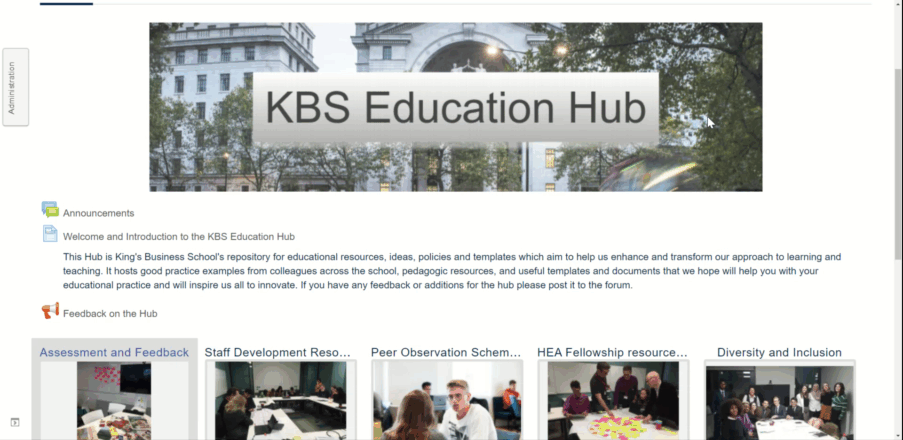This article has been divided in two parts. Part 1 explains the online teaching challenges created by Covid-19. Part 2 presents the outcomes and conclusions after 2 years teaching online.
The volume of shared working, and working through a time of crisis, has helped to build collegiality, camaraderie and significant trust between teams. I believe this is evidenced by the devolution of central services to Faculty TEL teams (and not solely explained by capacity reasoning). For example: the provision of the Echo Scheduler role, Syllabus+ access being extended to TEL; and hopefully – successful pilot permitting – the Kaltura Management Console Super User role. Continue reading “Part 2: Reflections on collaboration/cross-institutional working in response to and after Covid-19”
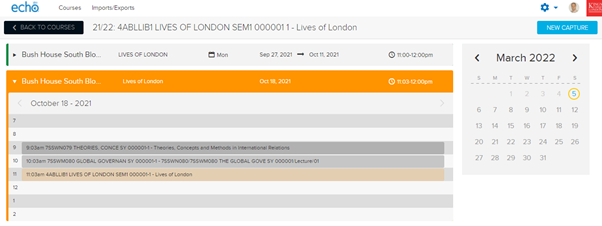
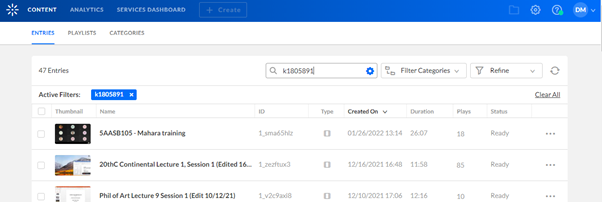
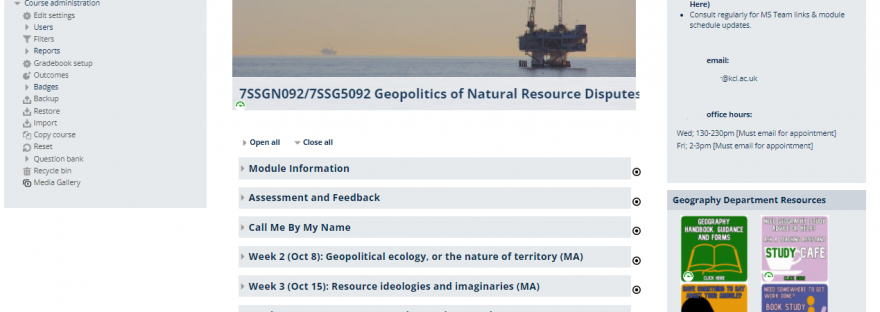
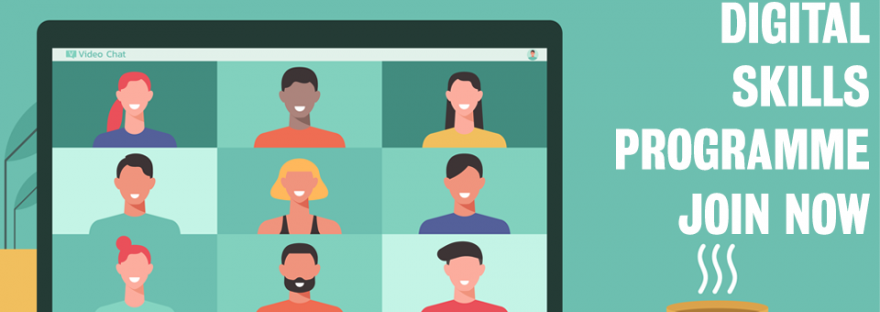
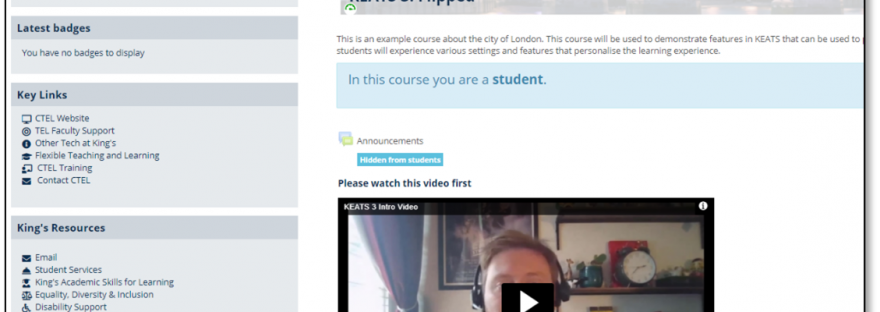

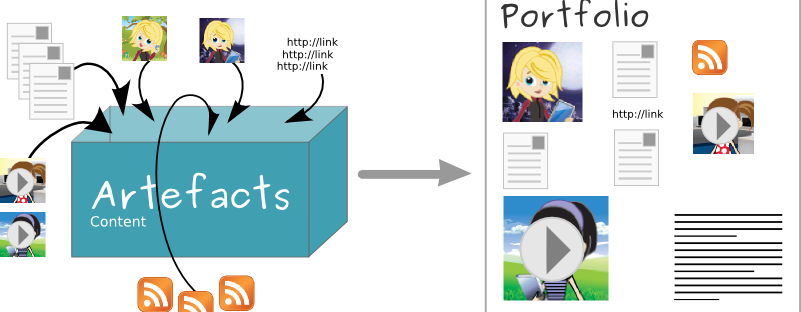

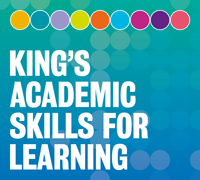 King’s Academic Skills for Learning was launched in September 2019 to provide students at King’s with resources to help them develop their academic skills. Students (and staff) can self-enrol via the KEATS (Moodle) dashboard.
King’s Academic Skills for Learning was launched in September 2019 to provide students at King’s with resources to help them develop their academic skills. Students (and staff) can self-enrol via the KEATS (Moodle) dashboard. 
